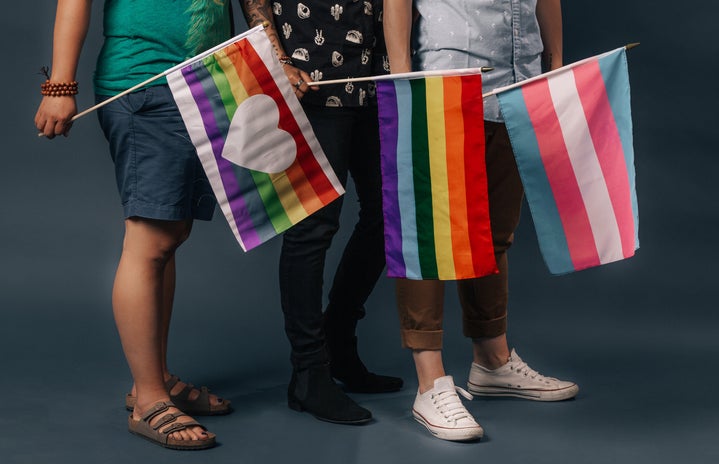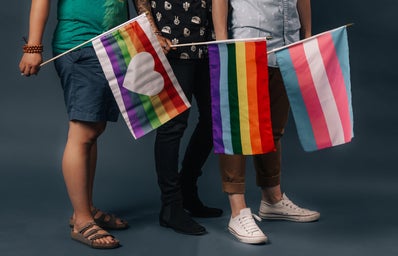The role of LGBTQIA+ allyship in universities has been growing to properly support and protect queer students around the world. It’s an obvious statement that bullying and harassment in schools, be it middle school, high school, or college, have been ongoing issues for a century and more. Despite the increase in queer education, in the media specifically, this bullying and harrassment hasn’t slowed down. The reality of our world is that marginalized groups will continue to receive hate. Specifically at a school like Bucknell, where privilege is not hidden, there are not many safe places to be queer.
About a week ago, Bucknell hosted a quick celebration for National Coming Out Day. Students and faculty from around the school put on shirts with the words Celebrate Difference across the chest, and posed outside of the Rooke Science Center for a picture to be spread around social media. When I saw several pictures circling Instagram, I was happy that the day was being celebrated in some way on our campus. But I began to wonder, in a place where queer appreciation and protection is fairly limited, how can we differentiate between performative allyship and effective allyship? How can we go from posting a few pictures of our President wearing a t-shirt for National Coming Out Day, to changing the integral system of a prestigious institution that, by nature, leaves minorities of all identities at the outskirts of our campus.
The good news is that, year by year, Bucknell is putting in effort to diversify our student body. The admissions’ staff is actively working to recruit at high schools with students of lower socioeconomic status and varied backgrounds. Instead of going to the same places where Bucknell students are bound to be from – Connecticut, New York City, New Jersey – they’re going to places like California to expand the future classes. This is obviously important, but it doesn’t promise a safe space for these students when they arrive. It only promises their presence on this campus. Additionally, it lacks the next step in supporting lower-income students that helps them survive college without a steady income.
I don’t really have an answer for my own question. I personally see issues on our campus in Greek Life, in housing, and in the way students participate in organizations on campus. This is where diversity comes into play, if we could become a school beyond our majority-white sororities and frats, and students could feel safe beyond their own friend groups and organizations. There are efforts all around to offer student-led discussions and educate people on topics surrounding diversity and inclusion – but these lack the participation of allies that should be using their privilege to support others.
Allyship should always be an ongoing discussion and thought. Supporting students of the queer community is up to the rest of the students and the administration together. If we could get a bigger discussion going, maybe some changes could be made. It should be the job of those of us that don’t experience discrimination or fear on this campus, and in life, to make this a better place for those that do.


